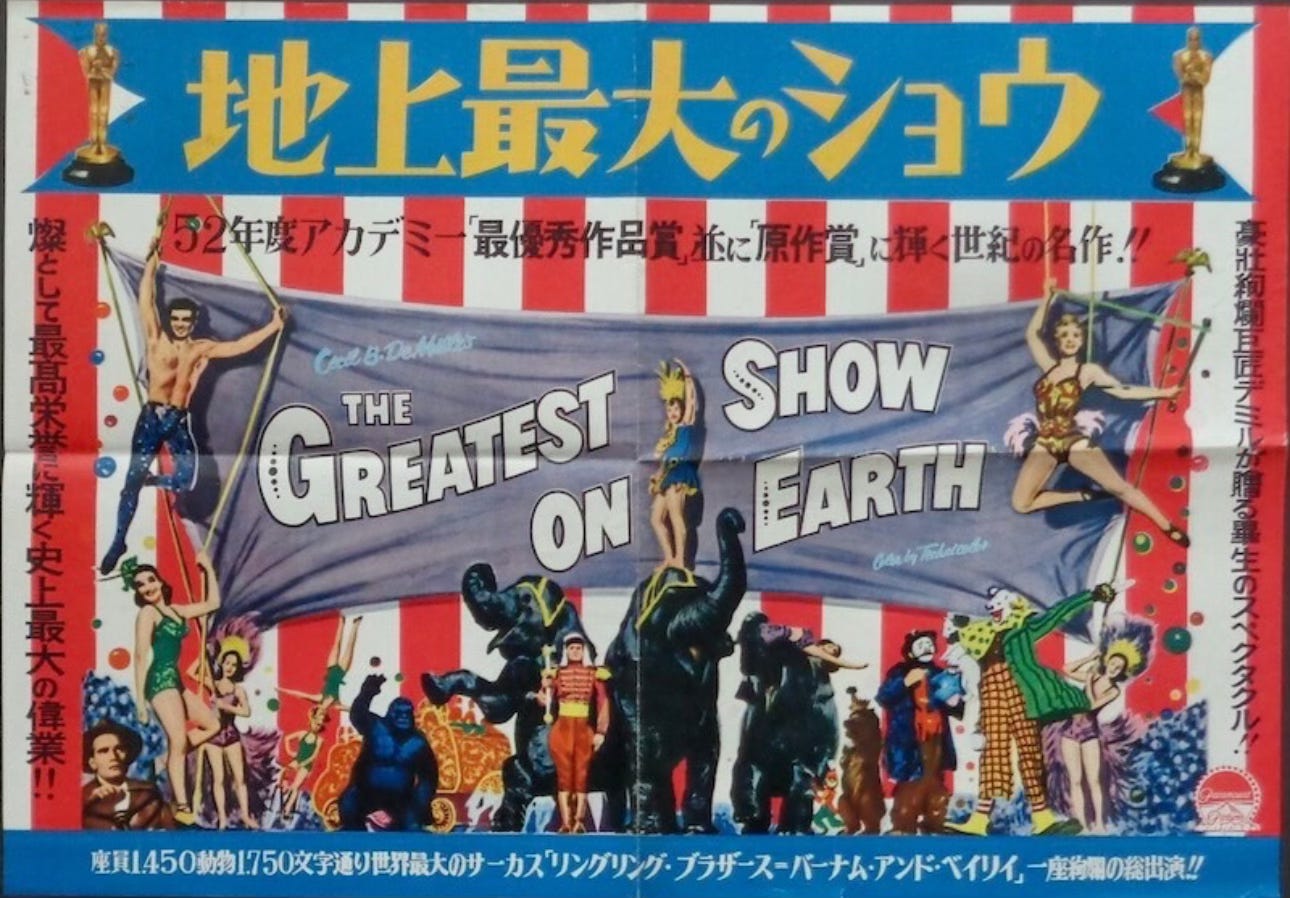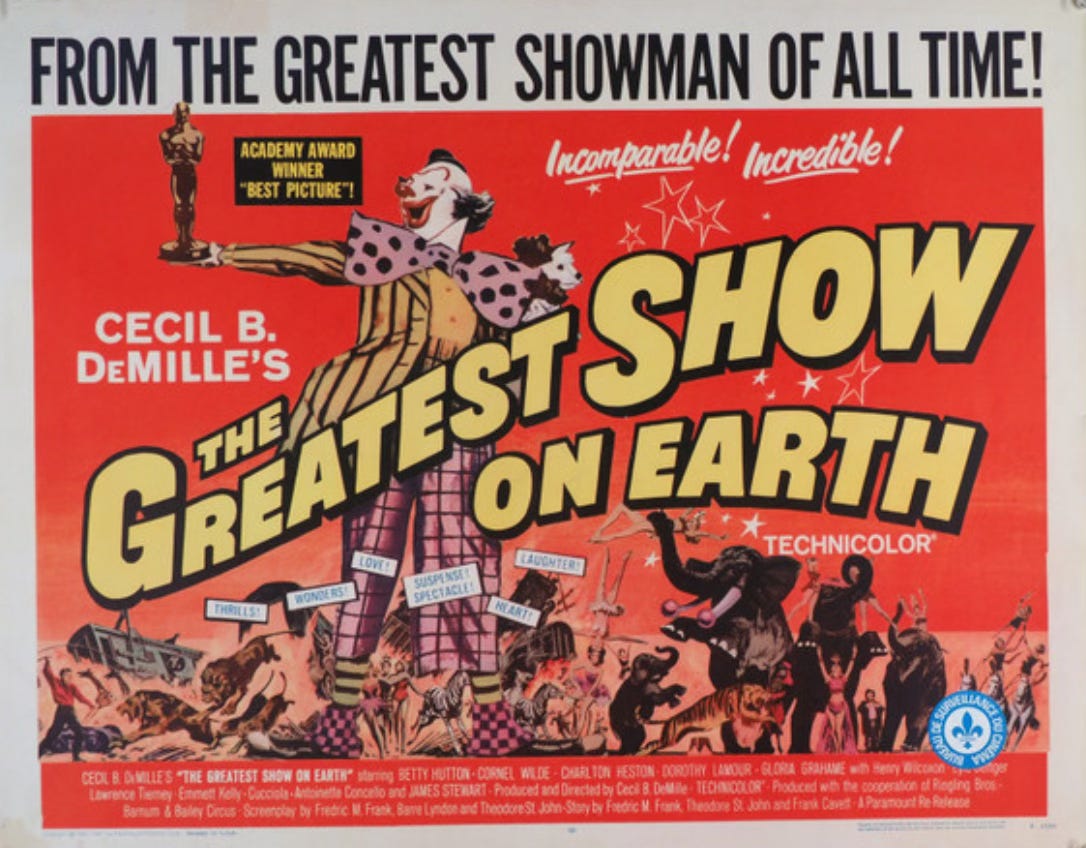Will Japan demand a MAGA discount?
"Moving fast and braking things" is not an acceptable business model for the stewards of the worlds largest savings pool
No — in the upcoming U.S. - Japan trade negotiations, Japan’s chief negotiator will not threaten the U.S. Treasury Secretary. He will not hint that Japan Inc. selling treasuries is an option Japan could consider. This is not because he cannot. It is because Japan’s elite knows full well the only reply this will trigger is the same then Treasury Secretary John Connally gave to the G10 in August 1971, moments before the break-up of the Bretton Woods global financial system: “It’s our dollars, and your problem”.

You may accuse “Team Trump” of a lot of things, but lack of confidence is not one of them. If at all, the more ambitious old-school mercantilist, anti-free-market/anti-American factions of Japan’s elite cannot help but secretly cheer-on the consistency and aggressiveness with which “Team Trump” is trying to break up not just the equilibrium, but the governance of global free markets. Told you they could not be trusted…
And yes — Japanese private and public investors are cutting their U.S. investments. This is not because of the usual tactical reasons - a change in the the Federal Reserve Bank’s policy expectations; but because strategic asset allocators and fiduciaries are urging the stewards of pension and insurance assets to reconsider the longer-term risk profile of “safe” U.S. treasuries. The CEO of the world’s largest bank, JP Morgan, put it politely: the trade war risks eroding U.S. credibility.
Put in more blunt financial terms: global creditor nations, like Japan, will demand a growing “discount” before buying U.S. assets.
Why?
Let’s take “Team Trump” by its words. Barely 100 days in office, it is crystal clear they want to engineer a fundamental change in how America interacts with other nations. The long-established covenants and coordinated governance of global trade and finance are being ripped apart from its epicenter, the United States of America.
For Japanese and all global stewards of capital, the question is not whether this will be a good thing or a bad thing in the long run. The immediate question is how to manage the new risks now forced by this transition. Clearly, the chances of this experiment not working out, or being sub-optimal to what we’ve had until now, is not zero.
And yes, Japanese investors are patient; but like all investors the longer the “end game” remains illusive and “Team Trump” refuses to present a consistent and credible plan of what the new covenants and governance of the next global system should look like, the greater the compensation they and all global savers will demand from U.S. assets.
“Moving fast and breaking things” is not a model global fiduciaries can adopt. Long-term capital needs prospects of long-term stability to thrive. Predictability and logic are essential.
Clear speak: the risks of investing in U.S. assets is going up, so the world will want to be paid more for owning them. This means higher U.S. bond yields, and lower valuations for U.S. equities and, of course, a lower dollar. The “MAGA Discount” is exactly this.
An added consideration is the basic linkage between trade and capital flows. Yes, the U.S. has the world’s largest and deepest capital markets. The mirror of the now super politicized U.S. trade deficit is the U.S. capital account surplus. A significant part of this surplus is the re-cycling of global exporters’ profits from selling to Americans, a real-word liquidity boost to U.S. capital markets and an important force making U.S. financial firms the absolutely dominant (and most profitable) financial industry in the world. Now that tariffs will undercut global exporters sold-to-Americans profits, this recycling of liquidity will dry up.
Simply put: if Toyota cannot earn U.S. dollars anymore, its deposit balances at JP Morgan (and other U.S. banks) will drop; which in turn means reduced funding for U.S. financial intermediaries; which means they will have to cut their U.S. assets/treasuries.
Make no mistake: the linkages between global trade, the global savings glut free trade enables, and U.S. financial assets having enjoyed a “premium” over the past decades are the real risk Japanese and global stewards of capital are now forced to price for.
Importantly, the question is not the always topical “are Japanese or Chinese investors selling, and if so, how much?”. More important, the question is at what price/yield will they be prepared to come back to U.S. markets.
Today, it is impossible to know how high the “MAGA Discount” will have to be. All we do know is that it will continue to rise until we get a new mutually agreed, transparent and logical covenant on how sovereign nations are to interact with the United States. Until then, the most likely “safety valve” is poised to be significantly weaker U.S. dollar.
as always, comments welcome. Best wishes many cheers from sunny but cold Tokyo ;-jesper





Great insights, as always! The long-standing Japanese-US partnership should be rewarded, especially because Japan already is and will continue being a vital ally in Trump's plan to combat the CCP's ambitions in the South-China-Sea.
Hello Jesper,
I hope this communique finds you in a moment of stillness. Have huge respect for your work.
We’ve just opened the first door of something we’ve been quietly crafting for years—
A work not meant for markets, but for reflection and memory.
Not designed to perform, but to endure.
It’s called The Silent Treasury.
A place where judgment is kept like firewood: dry, sacred, and meant for long winters.
Where trust, patience, and self-stewardship are treated as capital—more rare, perhaps, than liquidity itself.
This first piece speaks to a quiet truth we’ve long sat with:
Why many modern PE, VC, Hedge, Alt funds, SPAC, and rollups fracture before they truly root.
And what it means to build something meant to be left, not merely exited.
It’s not short. Or viral. But it’s built to last.
And if it speaks to something you’ve always known but rarely seen expressed,
then perhaps this work belongs in your world.
The publication link is enclosed, should you wish to open it.
https://helloin.substack.com/p/built-to-be-left?r=5i8pez
Warmly,
The Silent Treasury
A vault where wisdom echoes in stillness, and eternity breathes.